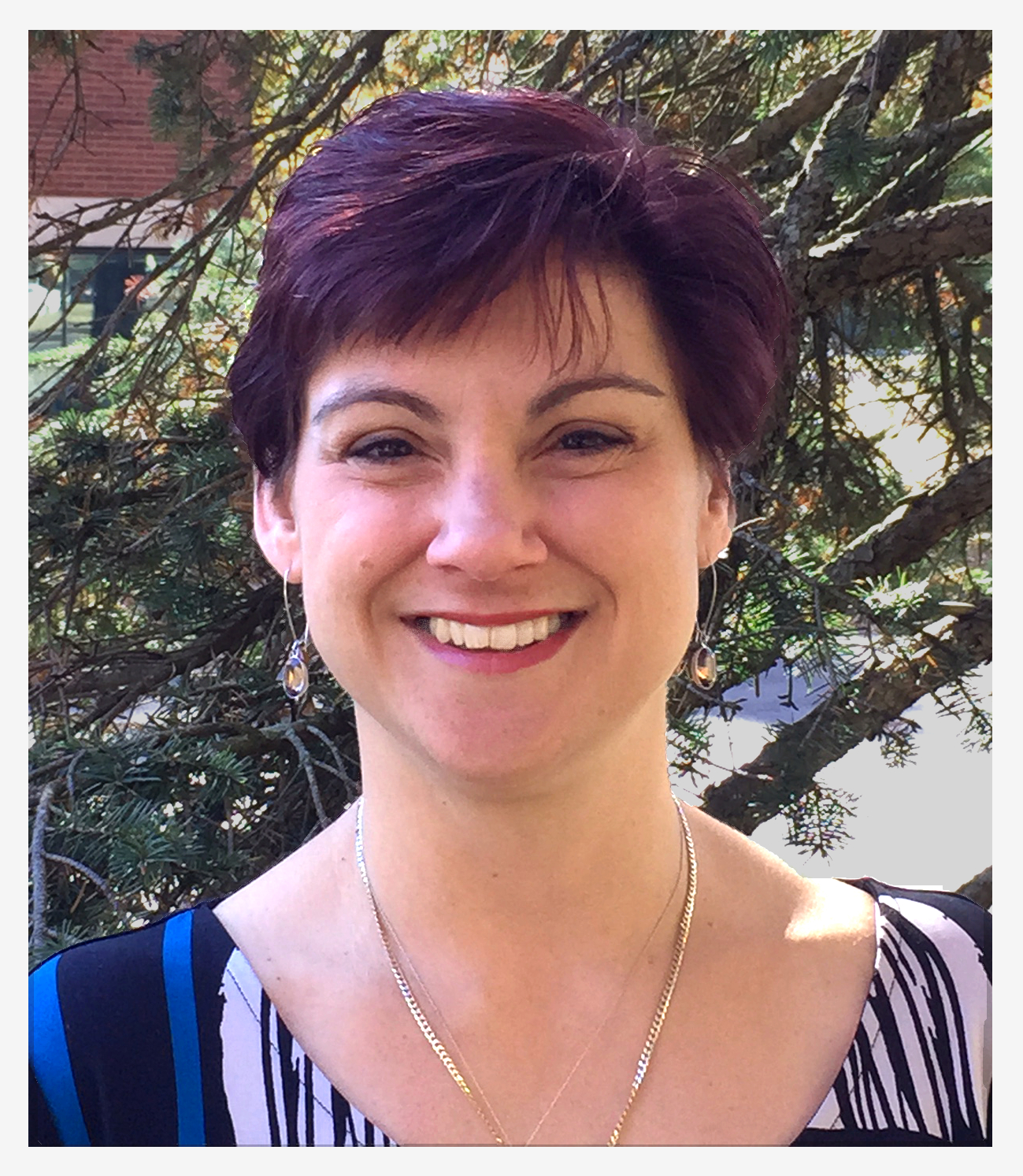
Flexible Spending Accounts
6/22/2020
Many of us see doctors throughout the year. We may see a traditional internist once a year for our physical, and seek out specialist for other medical needs. We may see our cardiologists for high blood pressure or an orthopedist for knee pain. Many insurance companies charge a higher copay for these specialists. Medication presents another high cost for many people. According to Statistica, Americans spent 345.7 billion dollars on prescription medication in 2019. I am sure it is no shock to anyone that overall healthcare costs are astronomical.
Read More: How To Budget When You're Broke
A health flexible spending account (FSA), is a great way to save pretax money for qualified out of pocket healthcare costs. In order to have an FSA, your employer must offer it as an option. Many employers do offer this benefit. The first step is to determine how much you spend each year for out of pocket medical costs. It is important to spend all the money that has been saved. A health FSA has a “use it or lose it” component.
Read More: Common Money Management Mistakes
Traditionally, you would sign up for the FSA during open enrollment time for your health benefits. You must opt in, there is no automatic enrollment. You will then determine the amount that you would like save. Many employers deposit the total amount of money into the FSA, allowing you to use the funds immediately. The employee then has a certain amount of money deducted by the employer out of each paycheck prior to taxes, to repay the funds they deposited.
Listen to our Podcast:
Most benefit agencies provide a debit card that can be used like a credit card at the doctor's office and pharmacy. Other agencies may require you to lay out the funds, submit the receipt and they will provide reimbursement. The true benefit of an FSA is that the average person saves about 30% on medical costs per year. Another benefit is that some companies allow you to carry over funds, typically with a max of $500 and use those funds by March of the following year. This is a great safety net if you misjudged the amount you should save for the year. If you have questions regarding a health FSA, it is a good idea to speak with your Human Resources department.

Kim Cole is the Community Engagement Manager for Navicore Solutions. Kim provides financial education workshops and seminars to communities. Readers can submit general questions relating to personal finance, credit scoring, debt management, student loans, home finance or bankruptcy which may be highlighted in the next month's edition. All identifying information will be kept anonymous.
Please send your questions via email to DearKim@navicoresolutions.org